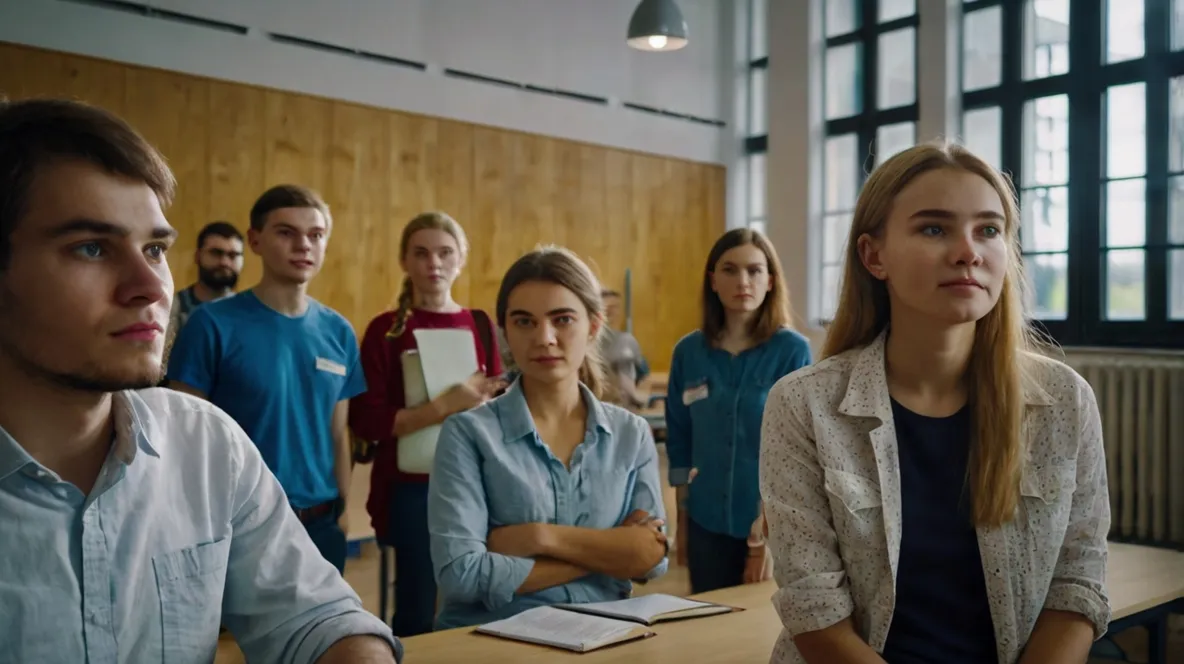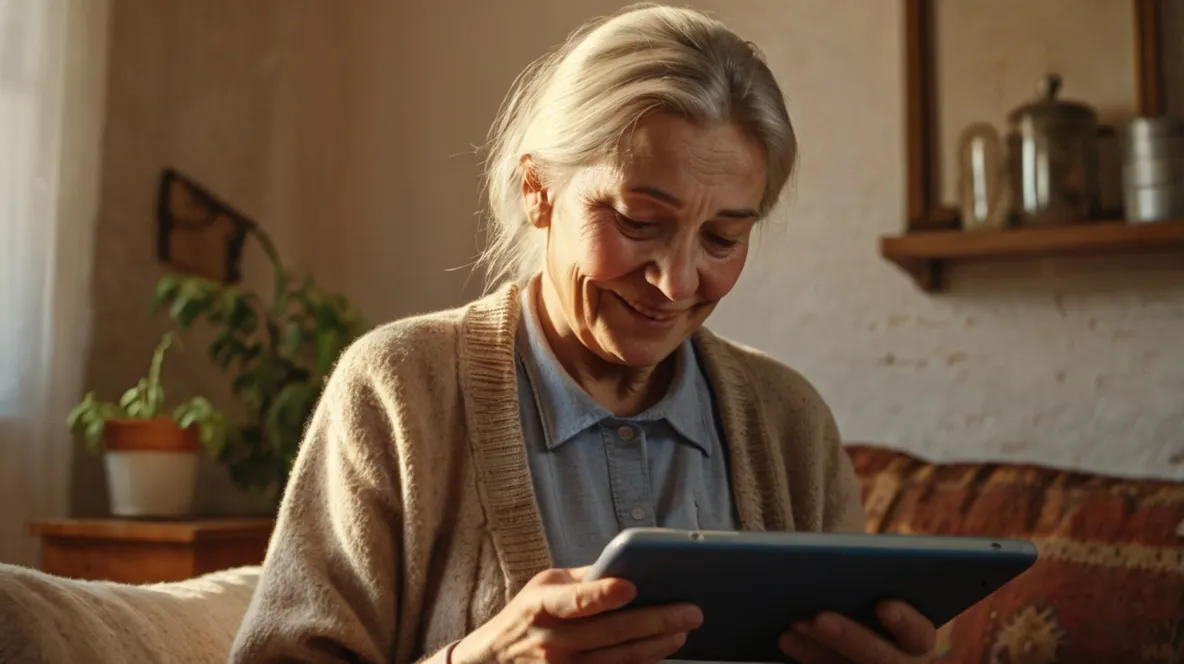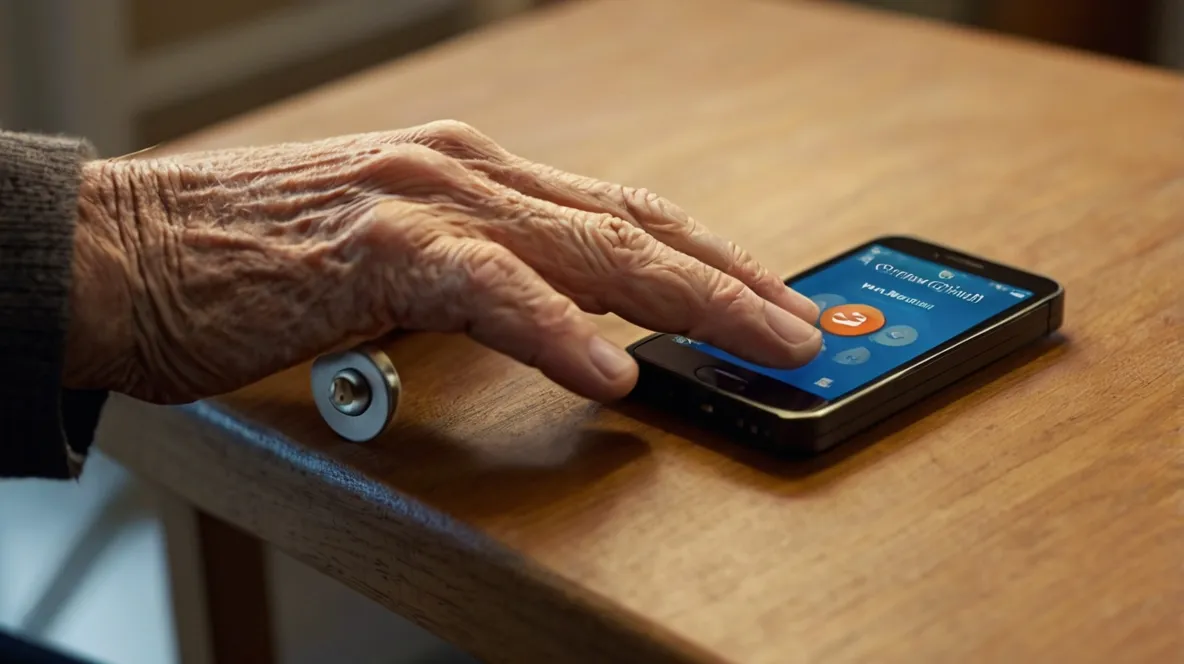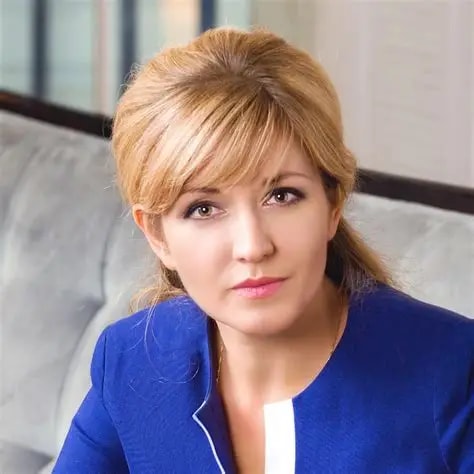Protecting Vulnerable Groups: Russia Launches the 'Digital Grandchild' Cybersecurity Project
Russia’s new nationwide initiative, the 'Digital Grandchild' project, aims to protect senior citizens from cyber fraud by pairing them with volunteer university students who provide digital assistance and help build trust in online services.

Building Trust in Digital Channels
The project, developed by the nonprofit organization White Internet (ANO 'Bely Internet'), will assign each senior citizen a student volunteer who can assist with suspicious phone calls or digital technology questions.
The goal is to enhance digital literacy among older Russians, reduce their vulnerability to cybercriminals, and combat social isolation by fostering intergenerational communication. The 'Digital Grandchild' initiative aligns with national cybersecurity and digital transformation efforts. It promotes digital inclusion and strengthens confidence in online platforms, including e-government portals, while minimizing fraud risks.

The project is expected to enhance the nation’s overall digital resilience and sovereignty. Although primarily domestic, the model could later be adapted internationally, especially in other CIS countries. For the IT sector, the initiative may drive demand for digital services tailored to senior citizens and educational tools for cybersecurity awareness.
University Volunteers and Digital Integration
While the project is not based on a commercial technology, it represents a social innovation — a scalable model of volunteer digital mentorship. Universities will play a central role by connecting student volunteers with local senior communities.
The program will be integrated with regional social services and senior centers, such as the national 'Active Longevity' network. A future digital platform may allow seniors to reach their 'digital grandchild' via a secure chat whenever they receive a suspicious call. This would also create a real-time analytics database to track fraud attempts and identify emerging scams.
The project builds on earlier initiatives such as 'Digital Granddaughter,' introduced at the St. Petersburg International Economic Forum, and similar digital literacy programs launched in 2024–2025.

Comparable efforts exist abroad — for example, TrueCare’s AI-driven remote patient monitoring system in the US, which supports older adults with hypertension, and GetSetUp, an American platform offering technology and skill courses for seniors. However, Russia’s approach of assigning a trusted volunteer contact remains unique.
Technology Meets Social Responsibility
The 'Digital Grandchild' initiative addresses two critical issues: improving the cybersecurity of older citizens and reducing their social isolation in the digital era.

Over the next one to two years, the project will be piloted with participating universities and volunteers. Within three to four years, it is expected to expand nationwide, integrate with e-government platforms, and launch a dedicated mobile app and chatbot for fraud analytics. In the long term, the project envisions a national volunteer network and potential international collaboration.
Its success will depend on effective coordination between universities, social agencies, and IT developers, as well as data protection, funding, and volunteer engagement.
Challenges may include limited digital access for seniors, uneven regional infrastructure, and the need to sustain volunteer motivation. Yet, the combination of social mission and cybersecurity focus gives the project transformative potential.










































